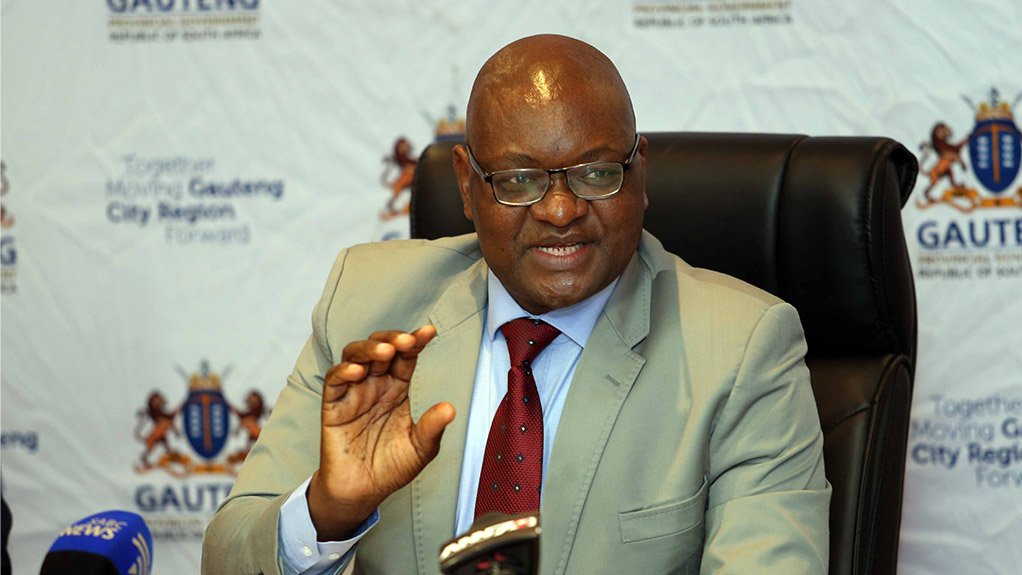/ MEDIA STATEMENT / The content on this page is not written by Polity.org.za, but is supplied by third parties. This content does not constitute news reporting by Polity.org.za.
“There is clear recognition that urban tolling increases the cost of living and is therefore unsustainable,” said Gauteng Premier, David Makhura, during his fifth and final State of the Province Address earlier this week.
Mr Makhura’s statement appears to be more opinion than fact, as no mention was made of how this conclusion was reached.
It is far more likely that the markedly increased price of petrol, damage caused to vehicles by poor roads, and decreased productivity from traffic congestion are to blame for the rise in the cost of living. With Gautengers spending an average of between 14 – 18 workdays a year in traffic (2018 INRIX Global Survey), the cost of not having new roads, not constructing new roads far outpaces the 25 cents of cost for every R100 earned by road users. Keeping in mind that the poor via public transport are exempt from toll.
Registered e-toll users pay no more than R277 per month to use the improved national roads in the province, regardless of how often they make use of them.
Makhura added that the new dawn “must also bring a solution to the protracted and unresolved problem of e-tolls. It is loud and clear for all to see that e-tolls have not worked.”
On the contrary, the world-class e-tolling system has worked and continues to work on a daily basis as it manages the busiest stretch of highway in Southern Africa.
The high rate of non-compliance is primarily a backlash against the government for adding more taxes while corruption was allowed to flourish, and not against the e-tolling system itself. The fact is, tolling works in South Africa and around the world and is an accepted, effective practice for funding road infrastructure.
Government should come to grips with the real reasons behind non-compliance, instead of being the worker who forever blames his tools.
Makhura stated he would “engage President Ramaphosa in order to find a new and more equitable funding model to support the continued expansion of Gauteng’s road network and public transport system.”
ETC is very keen to be part of this process. We would love to give the Honourable Premier some ideas. Perhaps he could be part of the regular Transport Forum working group’s to engage with transport experts on the matter.
ETC also welcomes the strong emphasis by the Premier on the township economy.
It is true that the government needs to create an enabling environment for the growth and sustainability of township businesses ad that meaningful change cannot take place without the inclusion of townships.
Without roads leading to and from the townships, the objectives GFIP cannot be realised. The original objective of the GFIP was to develop a sustainable and self-funded upgrade and expansion programme for the main Gauteng freeway network by seeking alternative sources of funding.
The upgrade and expansion of this network was and remains critical to address traffic congestion during peak periods and the impact this has on the quality of life in Gauteng, as well as create financially sustainable freeway development in the province in phases and to implement approximately 150km of new freeways.
On a positive note, Makhura recommitted the government’s support for the user-pays principle, which was implemented as the funding mechanism to reduce the dependence on tax-based revenue for road infrastructure.
However, the Premier also claimed that he had had discussions with President Ramaphosa about scrapping e-tolls and that alternative funding solutions were being considered. ETC welcomes the fact that work is being done by government to understand if viable alternatives to tolling are possible. South Africa needs to find solutions to its existing road infrastructure challenges.
Issued by The Electronic Toll Collection
EMAIL THIS ARTICLE SAVE THIS ARTICLE ARTICLE ENQUIRY
To subscribe email subscriptions@creamermedia.co.za or click here
To advertise email advertising@creamermedia.co.za or click here











